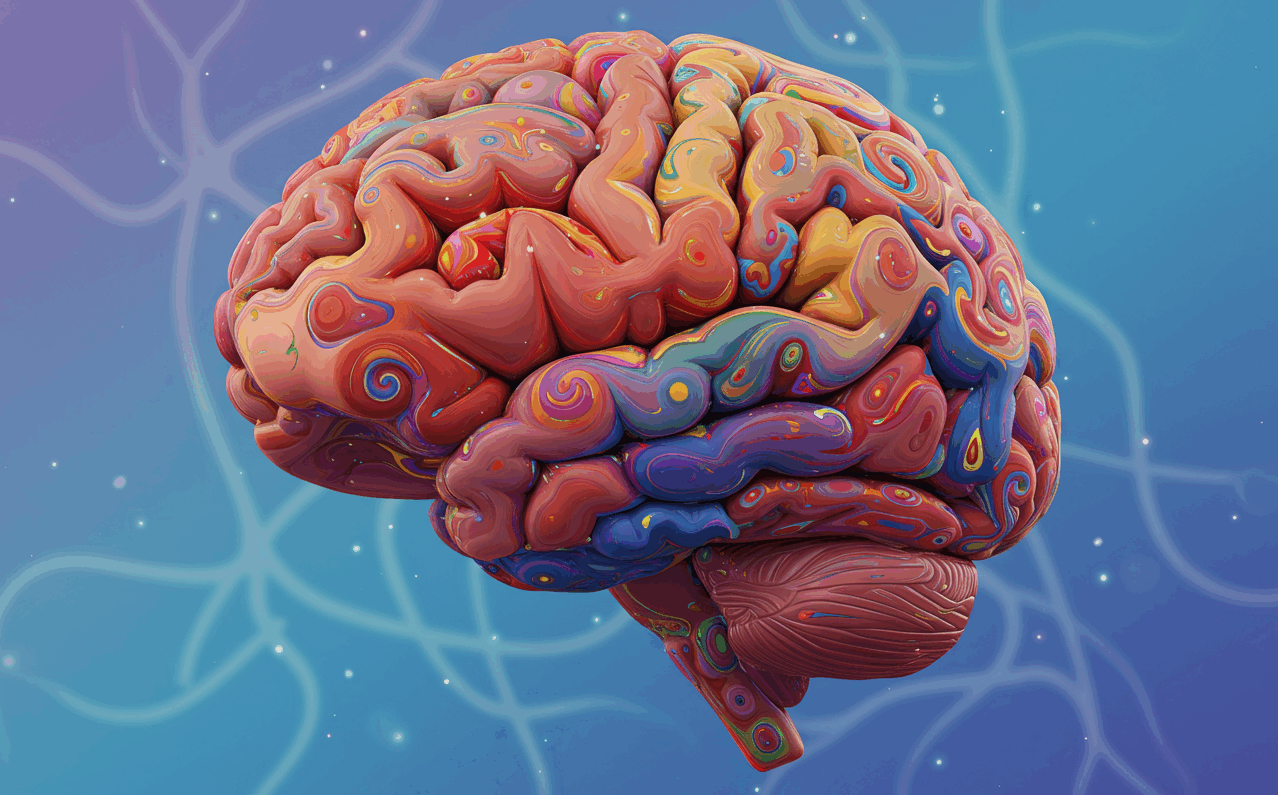Being hypersensitive and having ADHD while also having fibromyalgia was not only difficult, but at times devastating. While I learned to cope and manage these conditions as best I could, it was often the interactions in daily life that caused most of my pain. How others reacted to me, the (incorrect) conclusions they drew, and the judgments they made about me made my life unbearable at times. I often struggled with major depression and felt suicidal to the point of hospitalization. I want to make it clear that I would not kill myself because I cannot bear to cause so much pain to those who love me, but to talk about the mess that is my brain and not mention depression and suicidal thoughts would be dishonest.
Let’s start with hypersensitivity. Having so much empathy that you can not only feel what others are feeling, but also read intentions and know, for example, when someone is lying or hiding things, is not an advantage. You can never talk about your intuitions because people don’t like to be found out or told things they don’t want to hear about themselves or others. They will simply label you as too sensitive, pompous (how dare you say things you can’t possibly know for sure), delusional, and therefore untrustworthy and dishonest.
When I was a child, my mother punished me for being sensitive by not allowing me to cry. Talking about bullies or cheaters in school didn’t go well either and resulted in retaliation. Telling a friend that the person they were dating was cheating was never believed and always ended with me being attacked and ostracized. Exposing someone as an abuser, narcissist, liar, manipulator, or cheater always ended with horrible consequences for me and none for the perpetrators.
Enter ADHD! I used to think I just had diarrhea of the mouth. Little did I know that this “urge to speak up” was simply due to horrible and mostly non-existent impulse control, an extreme sense of fairness, coupled with bad assumptions about how the world works from childhood trauma. The compulsion to share every thought because I felt that not doing so made me dishonest had disastrous consequences throughout my life. In my mind, I thought I had to talk about what I saw or felt because I was forced to keep the actions of my abusive parents, especially my father, a secret as a child, and I never wanted anyone to go through what I did. I didn’t know enough about human conditioning, cognitive dissonance, or how belief works in our brains. I didn’t know that saying things that contradict a person’s belief would only make their belief stronger, and I would be called a liar or a troublemaker. I had no idea that pathological liars and narcissists never apologize or admit anything, but double down so convincingly that I stood no chance.
I understand that most people are not as sensitive or intuitive, but I would have given the world for someone to simply ask questions and notice that my behavior seemed extreme or nonsensical. Instead, people judged me and never asked what was wrong with me. Some took full advantage of my spiral by gaslighting me, pitting me against others, and sharing what/if I had confided in them.The empathy that I have too much of, others didn’t have at all.
If you are feeling these things or have acted in similar ways as I have, I want you to know that you are not crazy and that there are doctors who can help. I’m also writing this in the hope that someone will read this and, instead of judging a person who is acting erratically when they haven’t in the past, ask questions and find the compassion to help. Curiosity and sincere concern are always better than blind judgment.
